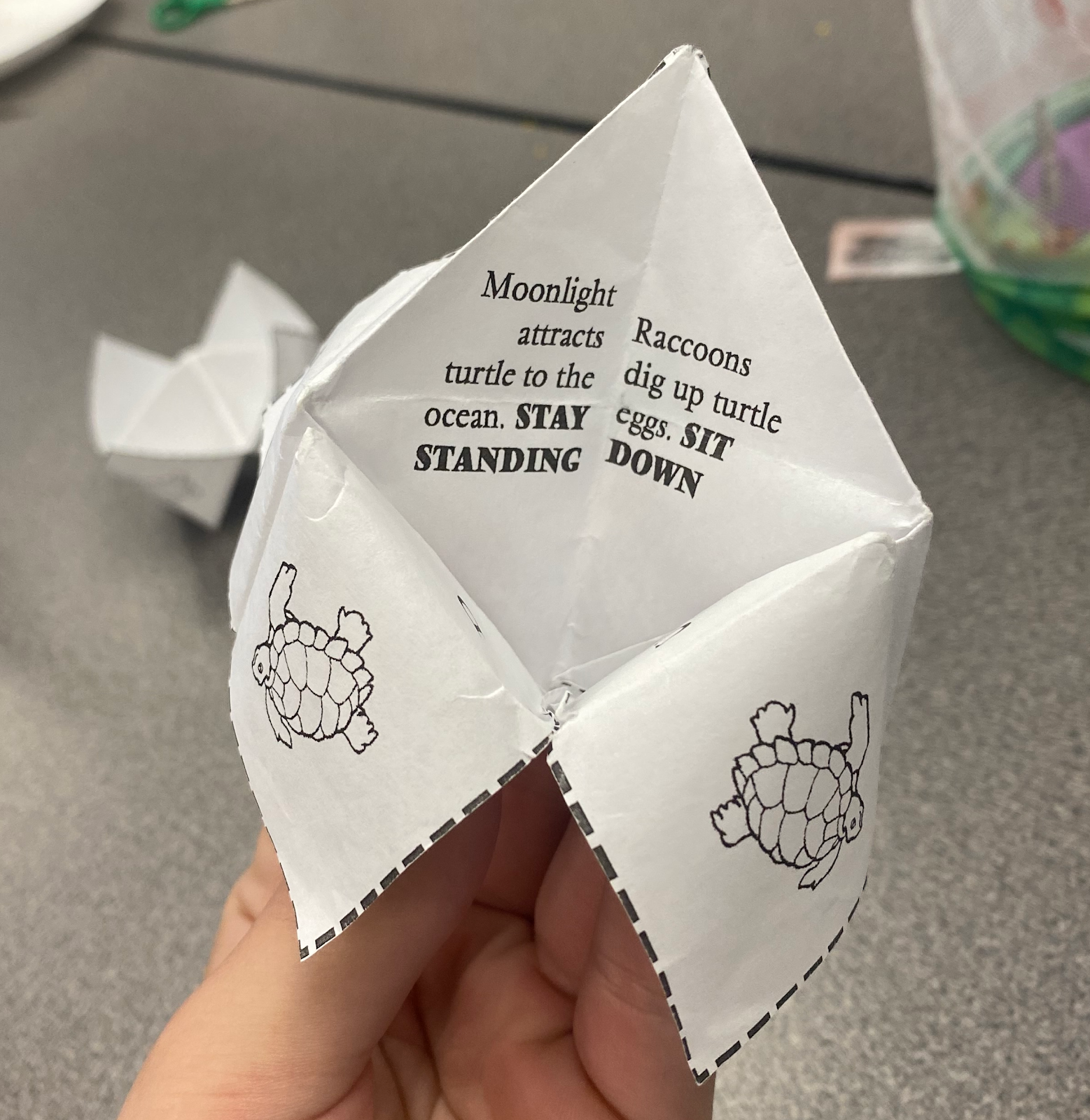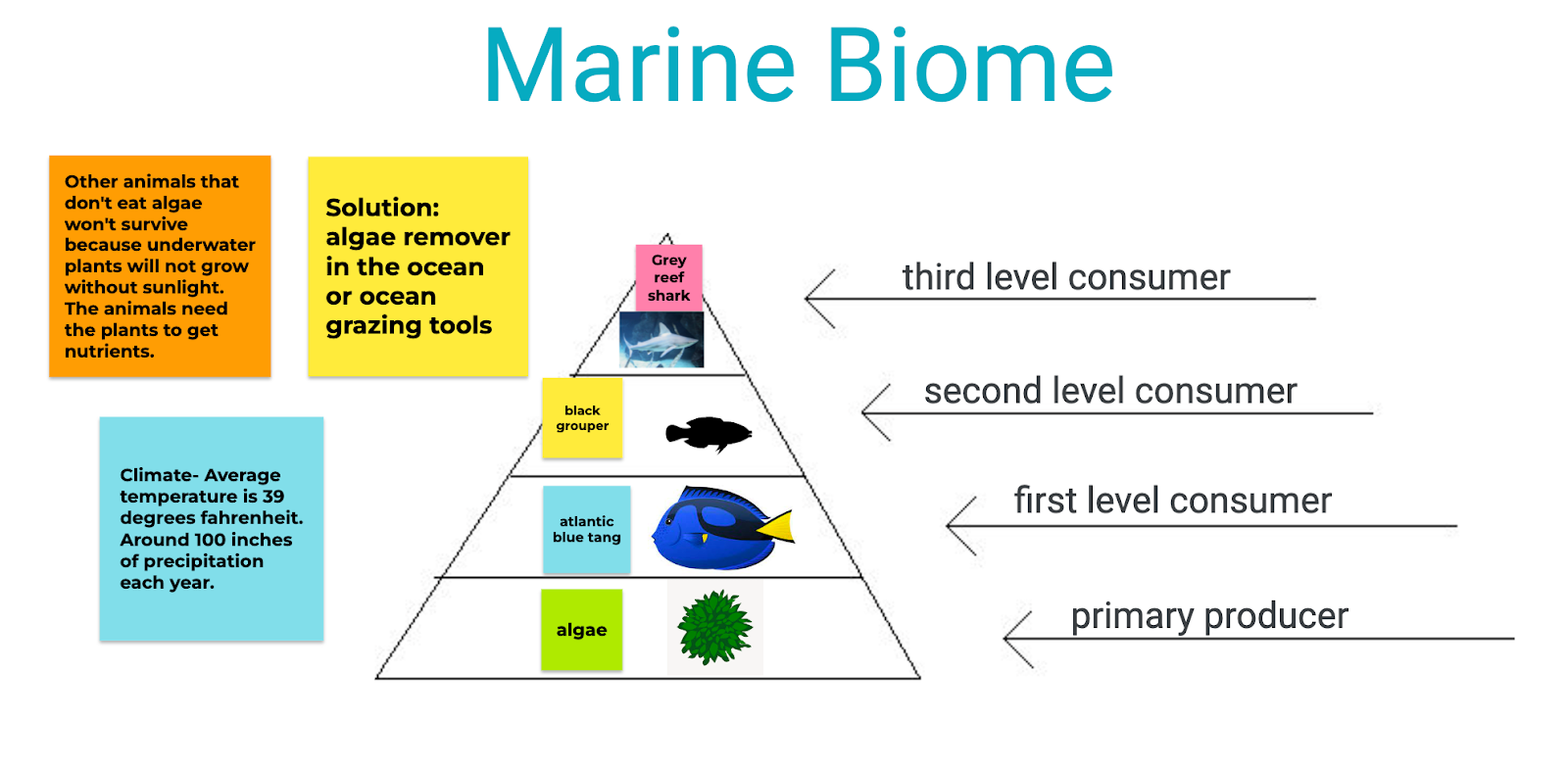Week 6

What did you learn this week? This week I learned more about turtle eggs and hatching. I didn't know that it only took three days for them to hatch. This was interesting to learn because if you compare it to how long it takes for humans to be formed to how long it takes turtles to be created there is a huge difference. Are you able to relate what you learned to what you already knew? I was able to relate pollination to what I had already learned. I remember doing fast plants and pollinating them with dead bees in elementary school. It was in fourth grade. The setup was the exact same. It was very nostalgic. How can you apply what you've learned to your teaching in the future? In the future, I can use the Turtle Turtle watch out game in my classroom. I think if I were to do it with elementary students I would do the game outside so they can scream without disturbing other classes. This is a good way to help students understand endangerment and the things that are harmful to t...


